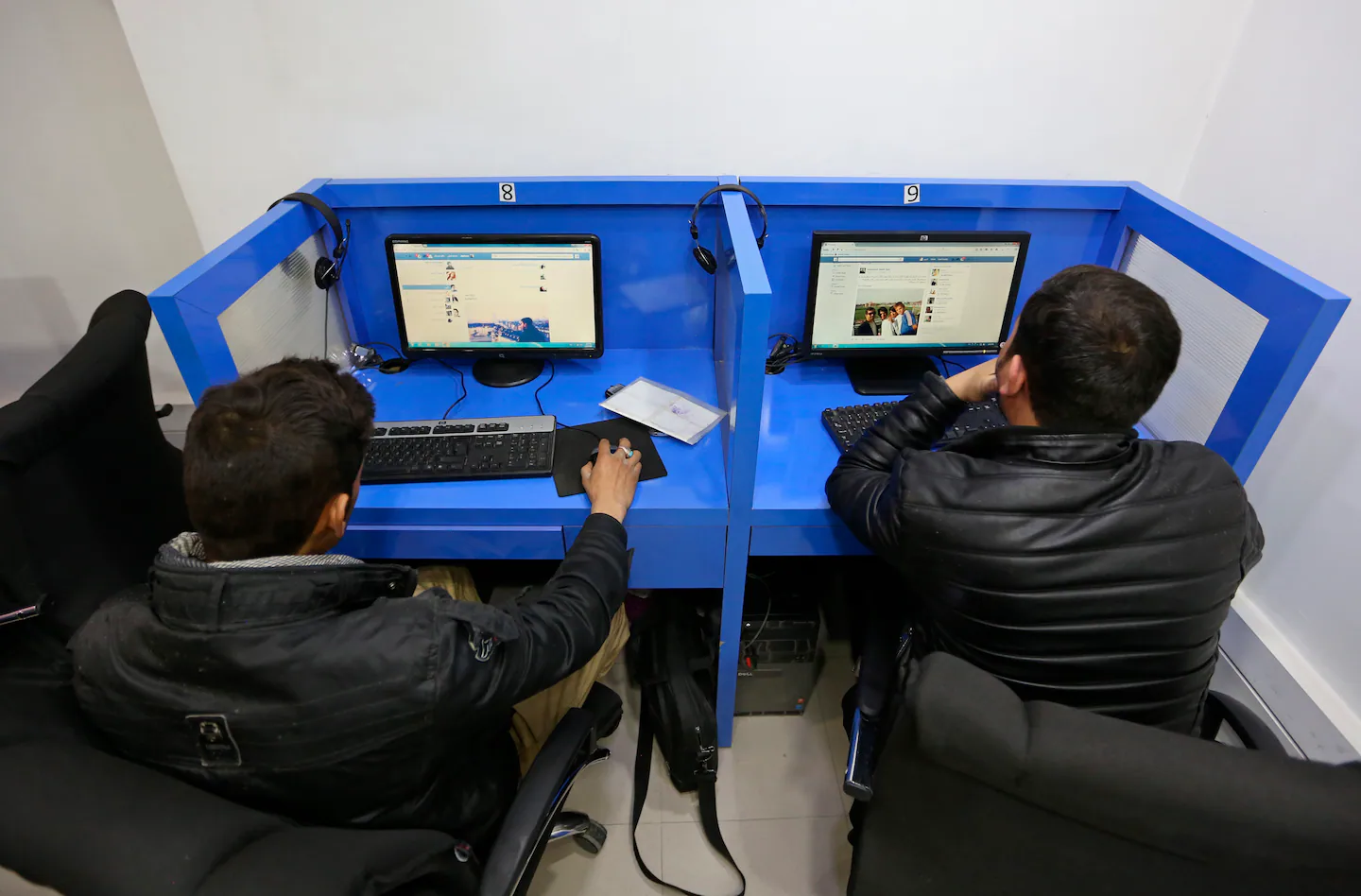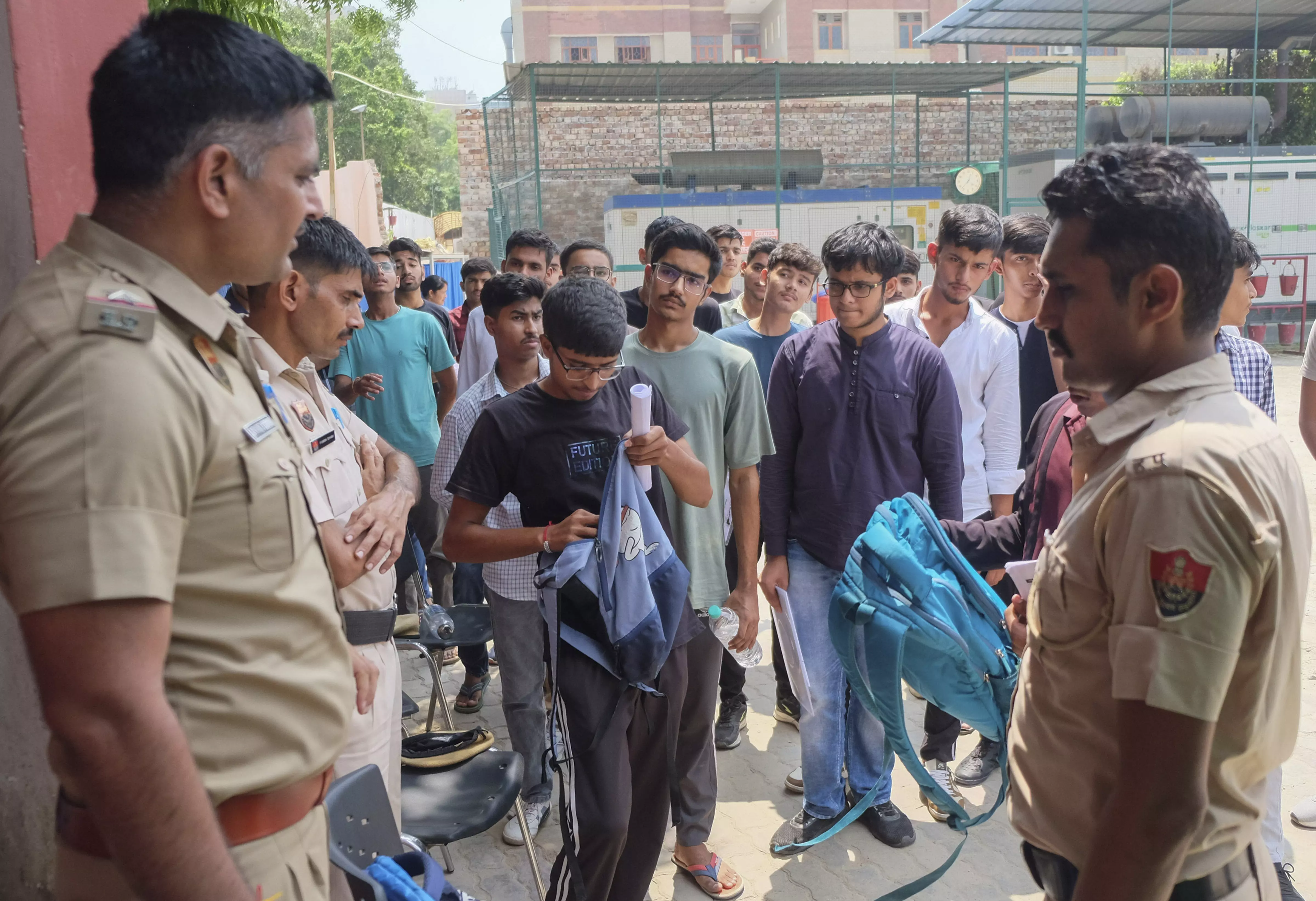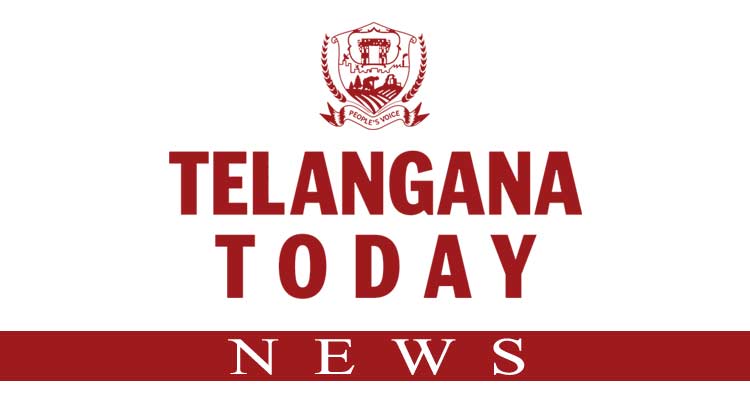
The Taliban has stopped fiber-optic internet services in a northern Afghanistan province, an official said Tuesday, leaving tens of thousands of Afghans without internet access and making it more difficult to communicate, attend online classes, and receive or send news.
WiFi in Afghanistan’s Balkh province was blocked “for the prevention of vices,” Attaullah Zaid, a spokesperson for the Taliban governor in Balkh, said in a statement posted on X.
“From now on, there will be no internet access through this cable, and all connections have been cut off,” Zaid said.
Mobile internet, which is not always accessible in some areas, appeared not to be affected.
Afghans have also reported connectivity issues in the southern Kandahar Province, according to local news reports.
The Taliban, who rule Afghanistan under their strict interpretation of Islamic religious law, did not respond immediately to a request for comment on the policy.
Advertisement
Afghan government workers in Balkh province appeared to have been taken by surprise over the WiFi ban, said one local employee who spoke on the condition of anonymity because he was not authorized to speak to journalists. He and other government workers were still able to communicate via mobile internet, he said, but he was worried about unconfirmed reports that the ban could be extended to other provinces.
An internet shutdown could pose major challenges for ongoing efforts to provide education to Afghan women and girls.
For many Afghan women, the internet has been an escape amid increasingly draconian restrictions following the Taliban’s return to power in Kabul in 2021.
The Taliban have banned women from education above sixth grade and have placed restrictions on their freedom of movement, among many other rules.
Advertisement
In response, many women have attended online classes, learned foreign languages with the help of e-books, and traded cryptocurrencies in the hope of becoming financially independent. Some have tried to make up for the closing of movie theaters, the shuttering of gyms for women, and the banning of music by turning to YouTube videos.
Foreign nongovernmental organizations have subsidized mobile data packages for Afghan students, which appear to be unaffected by the broadband internet ban on Tuesday.
There were early signs that the Taliban were seeking tighter control of the Afghan internet. In interviews last year, more than a dozen Afghan YouTubers recalled tightening censorship and increasing restrictions.
“Of course we want filters that reflect our Islamic values, but it’s expensive — and right now money is tight,” Zabihullah Mujahid, the chief government spokesman, told The Washington Post last year. He added that the regime wants to stop users from “wasting their time.”
Meanwhile, the Taliban regime has begun to enforce new rules under which anyone who buys a SIM card for a cell phone can no longer remain anonymous and must provide an identity card.



